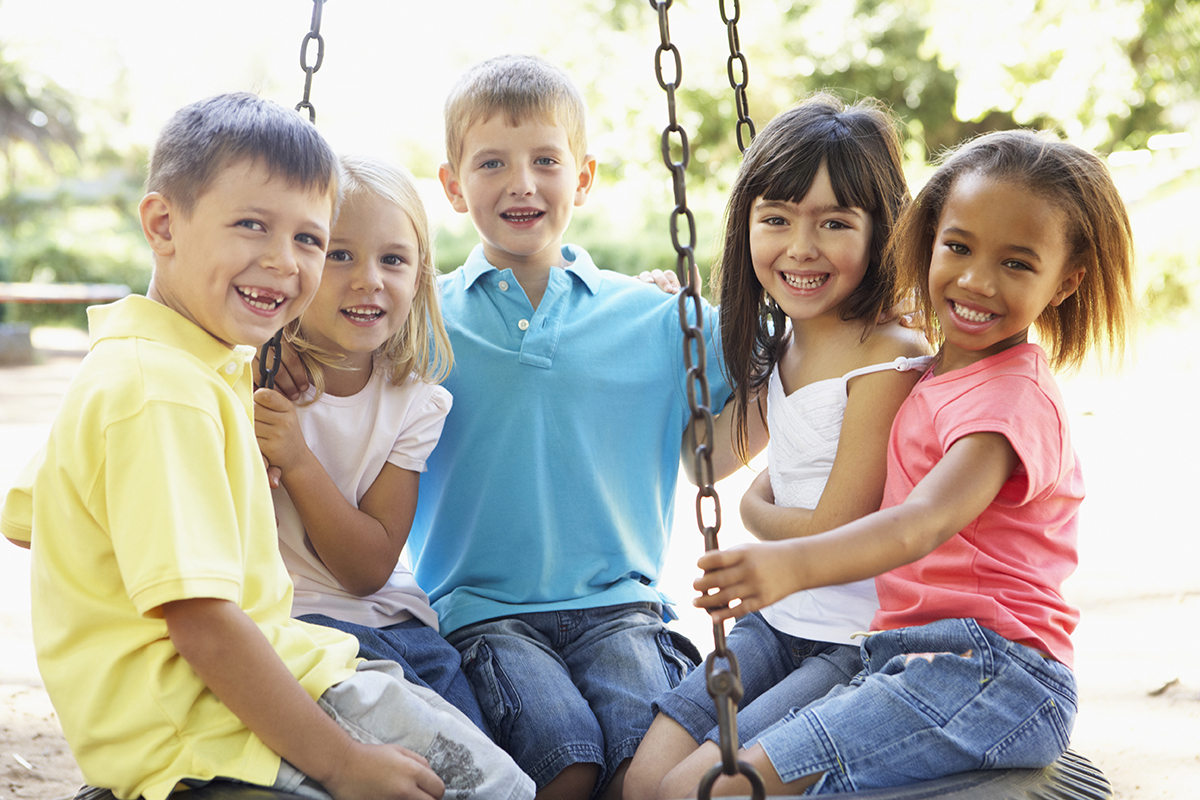Symptoms of Early Mental Health in Preschoolers and Elementary School Children

As families in the United States become smaller, averaging one or two children, parents are increasingly acting as companions and playmates to their children, when previously there would have been numerous siblings filling those roles. Our fast-paced and technology-reliant society has also brought changes to all facets of childhood and child development, impacting learning, play, social and emotional growth, among other factors. More parents are seeking the support of mental health professionals regarding concerns about the behaviors of their children. Knowing what to look for earlier can help provide the skills and supports your child needs to flourish and succeed.
The most commonly observed behaviors that parents report include a higher rate of irritability in their child, impulsivity, difficulty maintaining attention and excessive limit-testing. These behaviors are often misinterpreted as ADHD-like symptoms. Externalized behaviors are easier to notice, as opposed to internalized behaviors of withdrawal, worry and fearfulness. The latter behaviors are common among a child that might be described as “quiet” or “timid,” however, they are no less concerning. This child will tend to “fade into the woodwork” to cope and avoid notice by others.
Emotional dysregulation and poor coping often accompany early mental health needs. Most children can appropriately communicate their discomforts and respond to the soothing and supportive actions of their parents. A child who has difficulty calming down, has difficulty with unexpected change or has frequent fluctuations in mood will require a broader repertoire of coping skills.
Symptoms will often impact a child’s intellectual and social development. A child with a very negative thought process will think other children or teachers dislike him or that the parent will not return at the end of the school day to pick her up. These children will avoid interacting with others, withdraw from the environment and thus, be less focused on learning about the world around them.
Appropriate social interaction is vital for healthy human development. Children with mental health needs tend to have difficulties with peer or other relationships. Examples include aggression or lack of empathy toward family pets or others, unwillingness to lose a game, isolation, or inability to take turns or wait in line.
Most early mental health needs are easily addressed by teaching appropriate understanding and by providing coping skills to manage in our techno world. There are extensive literature and online resources to assist parents with these concerns. If after attempting to support your child you continue to have concerns, consult an appropriately trained mental health professional with experience with young children.
Sources: https://healthyfamilies.beyondblue.org.au/age-1-5/mental-health-difficulties
https://www.nimh.nih.gov/health/topics/child-and-adolescent-mental-health/index.shtml